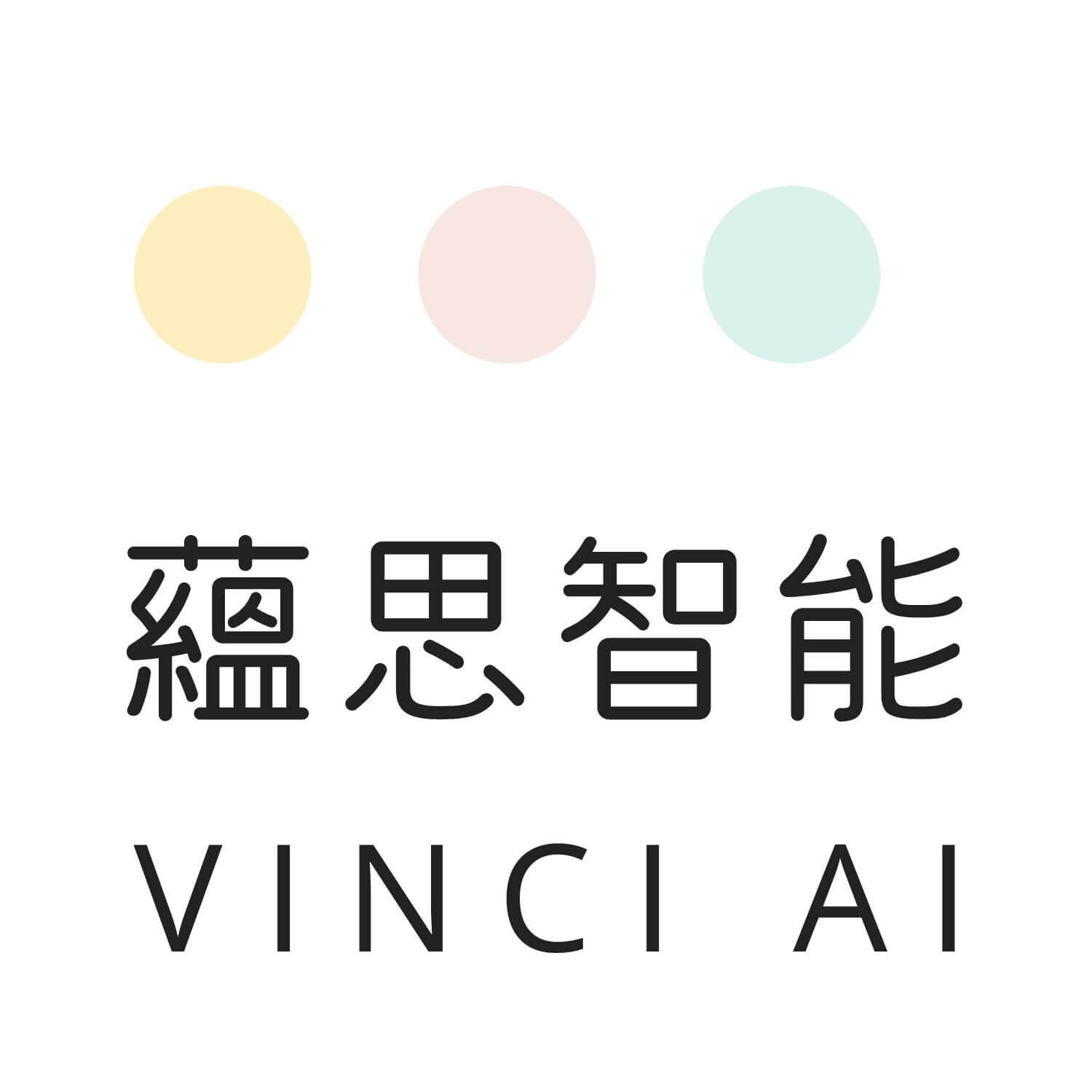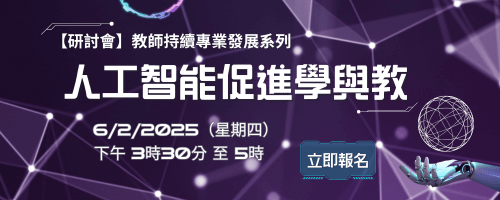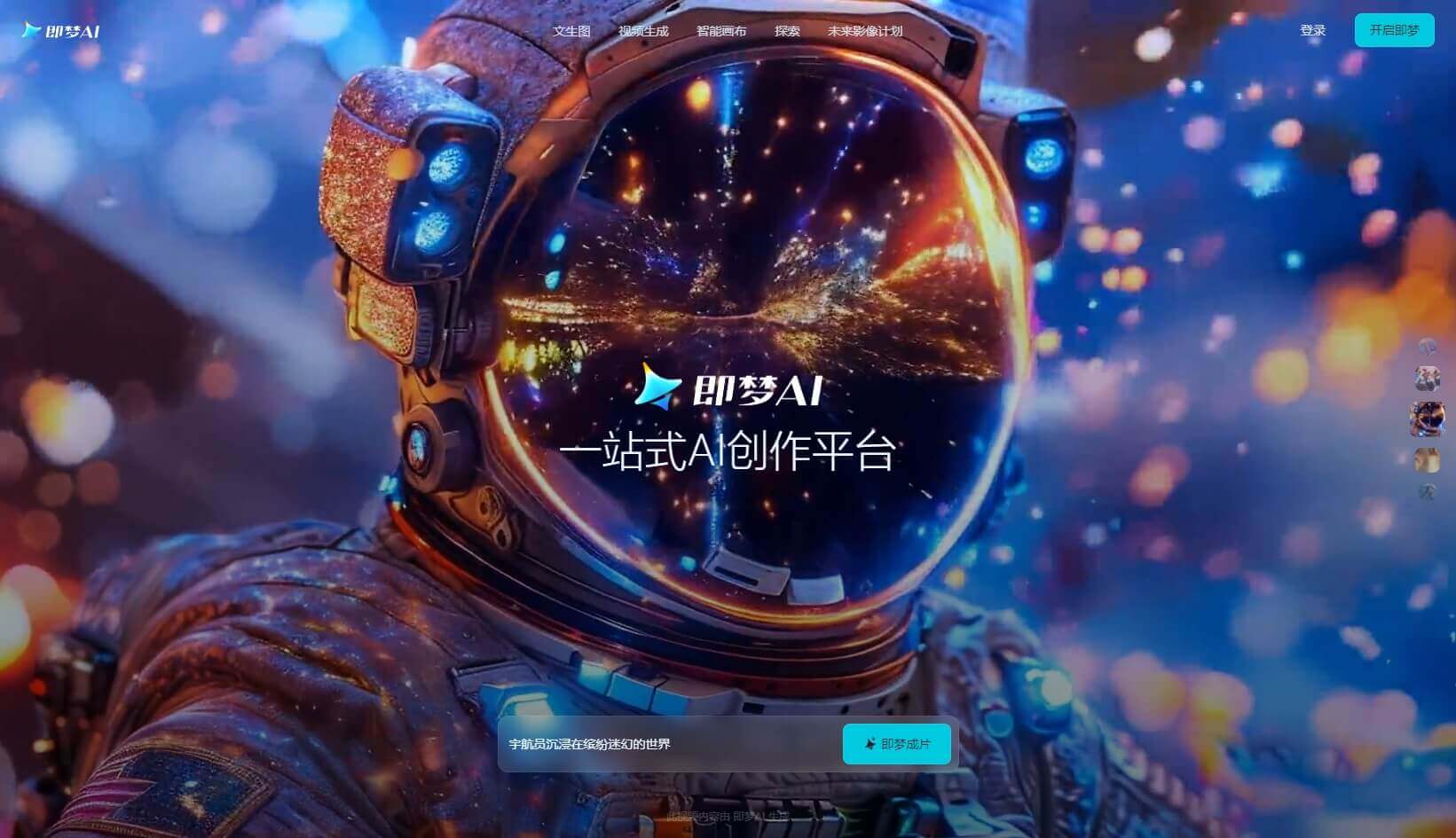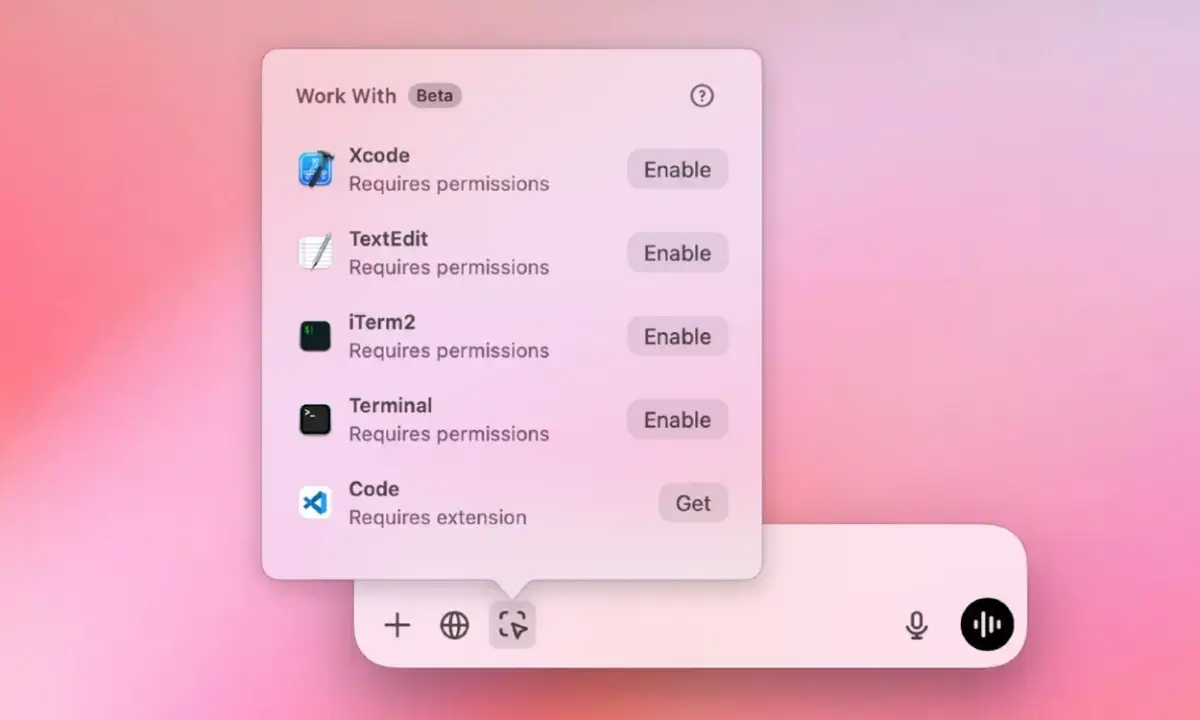On April 4th, it was announced that Cambridge University Press has introduced a new ethics policy that prohibits artificial intelligence from being recognized as the author of academic papers and books published by the press. The guidelines aim to uphold academic standards as tools like ChatGPT can raise concerns regarding plagiarism, originality, and accuracy. "It is clear that tools like ChatGPT cannot and should not be regarded as authors," said Mandy Hill, Managing Director of Academic Publishing at Cambridge University Press. The newly introduced principles state that authors are responsible for the originality, integrity, and accuracy of their works, and the use of artificial intelligence must be disclosed in research papers, similar to how methodology, software, and tools are already explicitly stated in papers. Additionally, any use of AI must not violate the press's regulations regarding academic plagiarism, meaning that academic works must be the author's own and should not present the ideas, data, text, or other materials of others without "adequate citation and referencing."
(Source:AI business)










